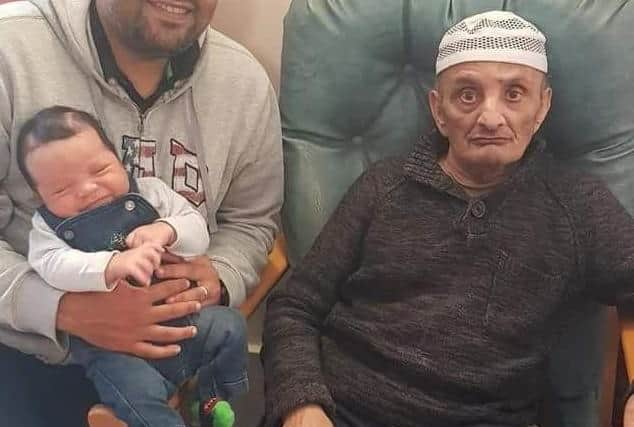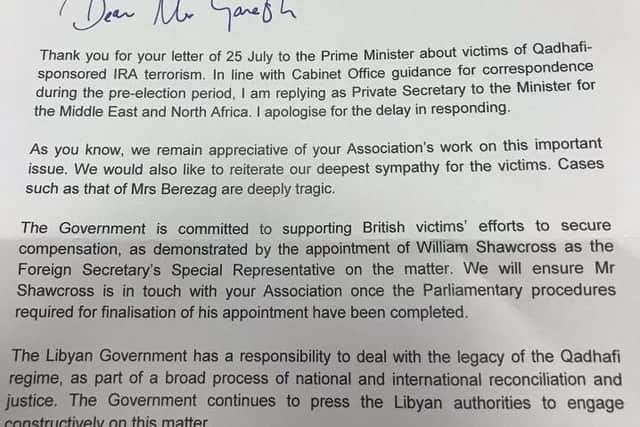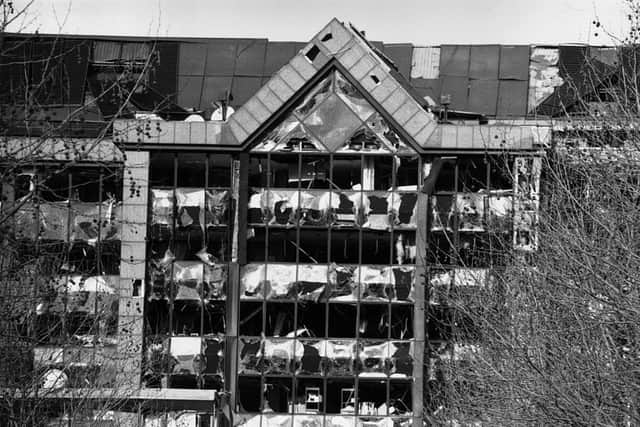Victims of Canary Wharf IRA bomb blame government for mum’s suicide


Gemma Berezag took her life in 2016 after decades caring for her husband, Zaoui. He was left severely disabled by the 500kg IRA bomb, which was built with Semtex supplied by Libya’s Col Gaddafi.
The couple’s son, Farid, said: “My mother, who had cared for my severely disabled dad for over 20 years due to the horrific injuries he sustained, died prematurely in 2016 due to severe depression.”
Advertisement
Hide AdAdvertisement
Hide AdShortly before she died, she told the News Letter she changed her husband’s nappy ten times a day – but could not even afford the nappies. “This is still killing me, 20 years after the bomb,” she added.


Her son Farid said: “I’m sorry but I hold successive UK governments responsible for her death, due to the stress and pain caused. Successive UK governments refused to help her in attempts to secure compensation for my poor Dad and for others left severely injured.”
His words echoed those of a scathing report from the NI Affairs Committee in 2017.
Farid added that it broke his mother’s heart that the US, France and Germany successfully pursued Libya for compensation for citizens maimed by Libyan sponsored terror attacks.
Advertisement
Hide AdAdvertisement
Hide AdThe Foreign Office wrote to the Docklands Victims Association (DVA) recently offering sympathy for the victims.


It said: “The Libyan Government has a responsibility to deal with the legacy of the Qadhafi regime, as part of a broad process of national and international reconciliation and justice.
“The Government continues to press the Libyan authorities to engage constructively on this matter.”
The letter added: “We would also like to reiterate our deepest sympathy for the victims. Cases such as that of Mrs Berrezag are deeply tragic.”
Advertisement
Hide AdAdvertisement
Hide AdBut Mr Berezag, who along with his sister Layla were also injured in the blast, rejected the sympathy. His mother pleaded with successive UK governments for help but was told that this was a private matter between her and Libya, he told the Press Association.


DVA President Jonathan Ganesh added: “We were left to arrange our own meeting with the Libyan ambassador in 2011 - a cleaner, a shopkeeper and a former boxer trying to secure compensation.
“Afterwards we were all devastated. Small wonder Gemma ended up taking her life a few years later.”
The Foreign Office declined to comment.